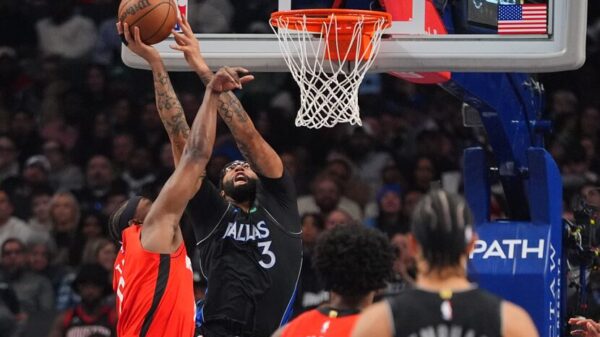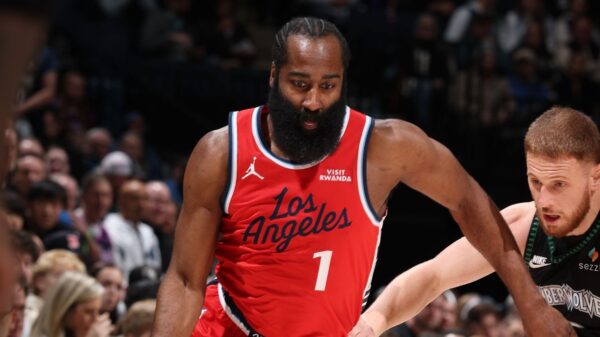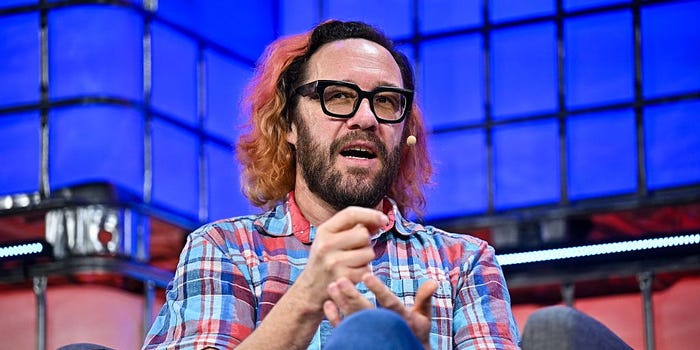UPDATE: The launch of the new app diVine, a revival of the beloved short-form video platform Vine, is generating excitement as it aims to combat the rise of AI-generated content. Founded by Evan Henshaw-Plath, a key early employee at Twitter, this initiative is backed by Jack Dorsey and his nonprofit organization, which has provided $10 million in funding.
This urgent development comes as internet users grow increasingly frustrated with the dominance of AI content from major platforms like Meta and OpenAI. Henshaw-Plath, who operates under the alias Rabble, states that diVine is not merely a nostalgic revival but a direct challenge to the “black box” algorithms that have overtaken social media. “There’s this bullshit that we’re seeing from Meta and OpenAI,” Rabble expressed, emphasizing that social media should center around genuine human connections, not algorithmic outputs.
The app aims to restore the essence of Vine, which was discontinued in 2017. Since then, platforms like TikTok have filled the void, but diVine is taking a different approach by prioritizing authentic, user-generated content. Rabble is currently sifting through 2.5 terabytes of archived Vine data to restore over 100,000 videos, preserving a vital piece of internet history.
This initiative comes at a pivotal time when many users are yearning for a return to simpler social media experiences. Rabble believes that the internet is undergoing “enshittification,” a term coined by author Cory Doctorow to describe the decline of platforms that prioritize profits over user experience. He asserts that diVine is his attempt to “fight back against the enshittification, in code.”
Rabble’s vision for diVine extends beyond nostalgia. He envisions a decentralized platform that operates similarly to email, allowing users to connect across various service providers. He critiques current centralized platforms for limiting user interaction and claims, “Social media shouldn’t be a monoculture.”
While diVine is not intended to directly compete with TikTok or YouTube Shorts, Rabble hopes to implement a sustainable model akin to Twitch, featuring in-app purchases and micropayments to support creators. As users increasingly grow weary of AI-generated content, diVine promotes “real moments from real humans, not AI” on its website, resonating with a community eager for authenticity.
The project has garnered attention not just for its revival of Vine but also for its stance against AI content. Rabble remains in close contact with Dorsey, sharing a mutual desire for a decentralized internet that fosters genuine connections. “This is a project that just feels like a good idea,” Rabble noted. “If it becomes really popular with a few thousand people and they enjoy it — that’s great.”
As the launch of diVine unfolds, the world watches closely to see if this new platform can successfully challenge the status quo of social media and offer a refreshing alternative in an age dominated by artificial intelligence.






































































